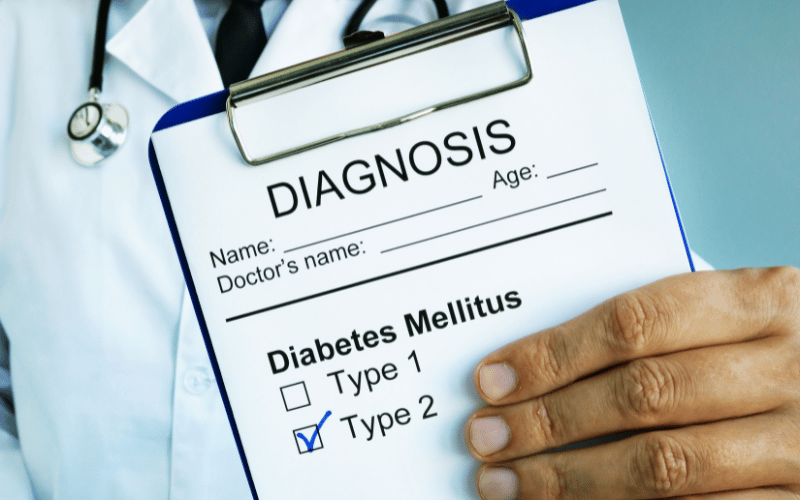Introduction: Navigating the Subtle Onset of Type 2 Diabetes
Diabetes is a condition that sneaks up on many, with signs so subtle they are often overlooked until the condition has progressed. Early detection and intervention can make a world of difference, helping to manage the condition effectively and reduce the risk of complications.

This article delves into the specific signs and symptoms that may indicate the onset of Type 2 diabetes, providing you with detailed insights and actionable advice.
When it comes to Type 2 diabetes, knowledge truly is power. The more aware you are of the potential signs, the better prepared you’ll be to recognize them and seek medical advice. So, let’s take a closer look at these symptoms, unpacking them one by one to ensure you have a clear understanding of what to look out for.
1. Increased Thirst and Frequent Urination – The Body’s Cry for Balance

When it comes to early signs of Type 2 diabetes, an uptick in thirst and urination frequency is hard to ignore. It’s your body’s response to excess sugar in your bloodstream. Your kidneys have to work overtime to filter and absorb the surplus. When they can’t keep up, they excrete the excess sugar through your urine. This process pulls fluids from other tissues, leaving you dehydrated.
In turn, this dehydration triggers more thirst, creating a relentless cycle. You may find yourself constantly reaching for a water bottle and visiting the bathroom more often than usual. It’s a disruptive pattern, one that can impact your daily life and raise red flags about your health.
To get a clearer picture, let’s dive deeper into the mechanics. Your kidneys play a crucial role in filtering and cleaning your blood. In a healthy state, they reabsorb glucose back into the bloodstream. But when blood sugar levels are too high, your kidneys struggle to keep pace.
As a result, they start to expel excess glucose through urine, which also takes along fluids from your tissues. This process explains the increased urination and the feeling of dehydration. It’s your body’s way of trying to expel the unwanted sugar and find balance again.
If you’re constantly feeling thirsty and making frequent trips to the bathroom, it’s time to pay attention. These symptoms are easy to dismiss or attribute to other factors like diet or lifestyle. However, recognizing this pattern is a crucial step towards seeking help.
Consulting a healthcare professional can provide clarity. They can conduct blood tests to check your blood sugar levels, helping to determine if diabetes is the cause. Ignoring these signs could lead to further complications down the line. Early detection and management are key.
Of course, these symptoms alone don’t confirm diabetes. They can also result from other conditions or lifestyle factors. That’s why it’s important to look at the bigger picture.
Consider your overall lifestyle, diet, and any other symptoms you may be experiencing. Monitoring these patterns over time can provide valuable information for healthcare professionals. Together, you can work towards finding balance and managing your health proactively. (1)